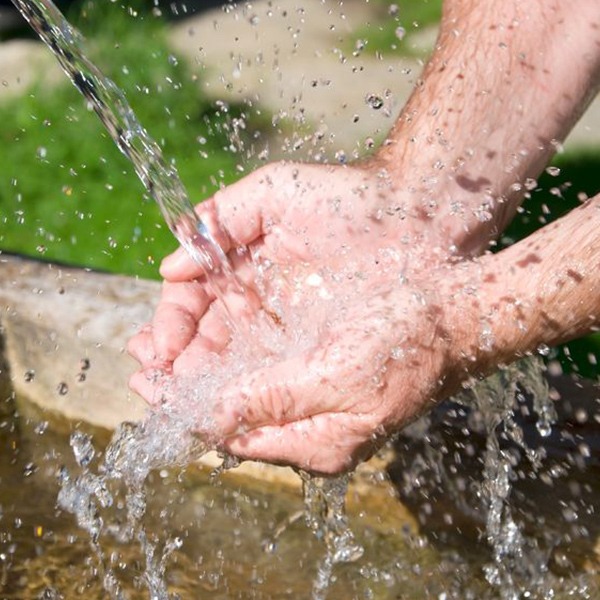Have you had your water tested recently? Did it seem like the Water Treatment Expert was speaking in a different language when they told you what was in your water? Many homeowners feel like they are back in high school chemistry class with words like:
- Radium 226 & 228
- Selenium
- Chromium
- Arsenic
- Alkalinity
- Magnesium
- Chlorine
- pH
- Hardness
- just to name a few…
It can be intimidating and make you wonder about the effects from these chemicals. Every person is different and may have different sensitivities to elements in their water. For example:
- Allergies
- Using medications
- Contact lens users
- Dry skin and/or hair
DID YOU KNOW, the majority of the water used in your home is not ingested but does come in contact with your body in some form:
- Bathing
- Brushing teeth
- Washing hands/face
- Shaving
- Dishwashing by hand
The average person can use up to 101 gallons of water per day, and only 1 gallon is used for consumption. And don’t forget your furry family members. Pets drink more water than humans, and not always from the water bowls!
Actually, your house itself is the largest consumer of water. Below is a breakdown of daily household water use:
- toilet 24%
- showers 20%
- faucets (kitchen, bathroom) 19%
- washing machine 17%
- bathtubs 3%
- dishwasher 1%
BOTTOM LINE, if your home and your body is dependent on the consumption of water, don’t you think the quality of your water is important? Over time, those chemistry terms can have negative effects on your body and your household appliances/devices.
Knowledge is power! You don’t need a degree in water quality or even speak the language if you trust the Water Treatment Expert to advise you on how to improve the quality of your water.
How To Find a Water Quality Expert You Can Trust
Easy! WQA (Water Quality Association) proudly serves as an educator of water treatment professionals, certifier of water treatment products, public information resource and voice of the water quality improvement industry. Ask your local water treatment professional if they are members of WQA or a regional affiliate and if they are a Certified Master Water Specialist and/or Certified Installer. These professionals keep their certifications up to date to be sure they can test and treat the variety of water contaminants for municipal and/or well water sources. Visit their website to learn more about how involved WQA is at a regional and national level with the EPA and municipalities.
For example, the EPA recommends anything BELOW 500 ppm of TDS is drinkable. Sheridan County Municipal Water is around 80 ppm on average, which is well under both regulatory limits! From outside the municipal water service area, we often see water samples greater than 1,500 ppm!
The Bottom Line: Is Water Treatment Worth the Cost?
Don’t worry! There are cost efficient solutions to adding a final barrier between the outside elements seeping into your water and your tap. But, isn’t your health and the health of your appliances worth the peace of mind?
Also, you can expect to save up to 20% on energy costs over a few years. Hard water alone has a 4% efficiency loss. Plus, you will save in your detergents and repair or replacement costs for your appliances.
Contact the water quality experts at Water Products and Solutions to clearly explain why YOU NEED quality water in your home for your family, pets and appliances. We also treat and bottle water at our location in Sheridan.





